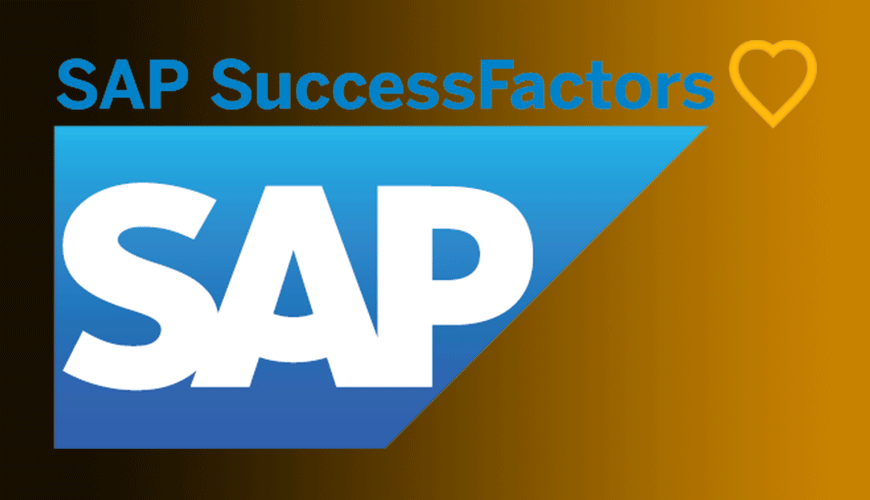In today’s data-driven world, the demand for skilled professionals in the field of data science is skyrocketing. As businesses strive to gain valuable insights from their data, the roles of data analysts and data scientists have become increasingly prominent. However, these roles are often misunderstood or even used interchangeably. In this article, we will explore the key differences between a data analyst and a data scientist to provide clarity on their distinct skill sets and responsibilities.
Data Analyst: Unveiling Patterns and Trends
Data analysts are the detectives of the data world. They are responsible for collecting, processing, and performing statistical analyses of data to identify trends, create visualizations, and generate actionable insights. Data analysts primarily work with structured data and utilize statistical tools and programming languages like SQL, Excel, and Python to uncover patterns hidden within large datasets. The Data Science Training in Hyderabad program by Kelly Technologies can help you grasp an in-depth knowledge of the data analytical industry landscape.
Key Responsibilities of a Data Analyst:
-
Data Cleaning and Preparation: Data analysts clean, process, and transform raw data into a format suitable for analysis. This involves dealing with missing values, outliers, and inconsistencies in the data.
-
Data Visualization: Data analysts create visual representations of data, such as charts and graphs, to communicate insights effectively. Visualization tools like Tableau and Power BI are commonly used in this process.
-
Statistical Analysis: Data analysts apply statistical techniques to interpret data patterns, correlations, and trends. They use their findings to support business decisions and strategies.
-
Reporting: Data analysts prepare detailed reports and presentations summarizing their analyses and findings. These reports aid stakeholders in making informed decisions based on data-driven insights.
Data Scientist: Crafting Predictive Models and Algorithms
While data analysts focus on deciphering past trends, data scientists dive deeper into data by developing complex algorithms and predictive models. Data scientists are experts in machine learning, artificial intelligence, and programming. They work with both structured and unstructured data, leveraging advanced techniques to extract meaningful information and predict future outcomes.
Key Responsibilities of a Data Scientist:
-
Machine Learning: Data scientists design and implement machine learning algorithms to build predictive models. They use algorithms like regression, decision trees, and neural networks to analyze data and make forecasts.
-
Big Data Technologies: Data scientists often work with big data technologies such as Hadoop and Spark to process and analyze massive datasets that cannot be handled by traditional databases.
-
Deep Learning: Data scientists explore deep learning techniques to work with unstructured data like images, audio, and text. Deep learning algorithms, including convolutional neural networks and recurrent neural networks, are utilized in tasks such as image recognition and natural language processing.
-
Feature Engineering: Data scientists identify and select relevant features (variables) from the data that are essential for building accurate predictive models. Feature engineering plays a crucial role in the success of machine learning algorithms.
In conclusion, both data analysts and data scientists play integral roles in leveraging data for business growth and decision-making. Data analysts focus on interpreting historical data to provide insights, while data scientists delve into the realm of predictive modeling and advanced algorithms to foresee future trends. Both roles require a strong foundation in mathematics, statistics, and programming.
For individuals aspiring to enter the field of data science, it is essential to receive proper training and guidance. If you are looking for comprehensive Data Science Training in Hyderabad, look no further than Kelly Technologies. With experienced instructors and hands-on practical training, Kelly Technologies equips aspiring data professionals with the skills and knowledge needed to excel in the dynamic field of data science.
Understanding the distinctions between data analysts and data scientists is crucial for businesses seeking to harness the power of data effectively. By recognizing the unique expertise each role brings to the table, organizations can optimize their data strategies and stay ahead in today’s competitive landscape.




